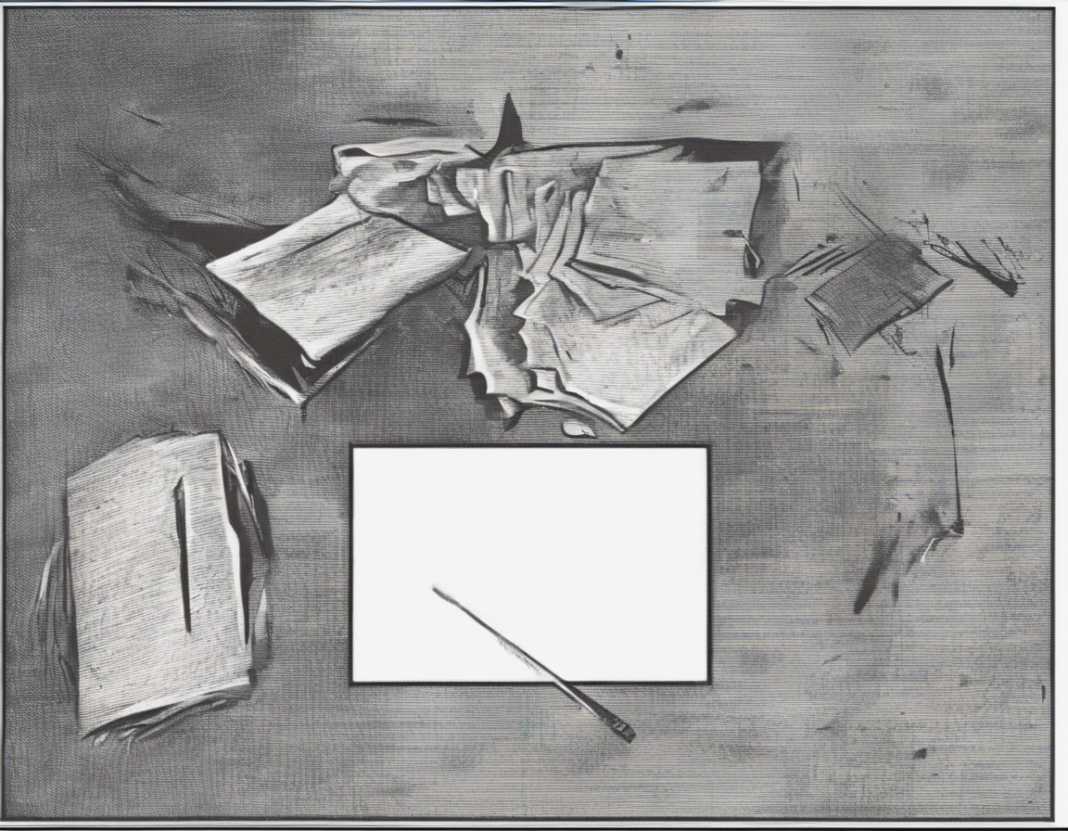As part of the 1st PUC English exam preparation, practicing with model question papers can be extremely beneficial in enhancing your understanding of the subject matter and improving your examination performance. In this article, we will provide you with a comprehensive guide to approaching the 2024 1st PUC English model question paper. We will cover essential tips for effective exam preparation, strategies for answering different types of questions, and crucial information to keep in mind while attempting the paper.
Understanding the Format of the Question Paper
Before delving into the specifics of the 2024 1st PUC English model question paper, it’s crucial to have a solid grasp of the overall format of the exam. Understanding the structure of the paper will help you manage your time efficiently and approach each section strategically. Generally, the English paper consists of sections such as Reading Comprehension, Writing, Grammar, and Literature.
Tips for Effective Preparation
-
Familiarize Yourself with the Syllabus: Make sure you are well-versed with the prescribed syllabus for the 1st PUC English exam. Focus on key topics and themes that are likely to be covered in the question paper.
-
Practice Regularly: Regular practice with sample papers and previous years’ question papers is essential to build your confidence and improve your speed and accuracy.
-
Time Management: Allocate specific time limits for each section while practicing the model question paper. This will help you get accustomed to answering questions within the stipulated time frame.
-
Seek Feedback: After attempting the model question paper, seek feedback from teachers or mentors. Understand your strengths and weaknesses to work on areas that need improvement.
Strategies for Different Sections
Reading Comprehension:
-
Skim the Passage First: Before answering the questions, quickly skim through the passage to get an overall idea of the content.
-
Focus on Keywords: Pay attention to keywords in the questions that can help you locate the relevant information in the passage.
Writing:
-
Plan Your Writing: Create a rough outline of your essay or letter before starting to write. This will help you organize your thoughts and structure your response effectively.
-
Proofread Your Work: Allocate time at the end to proofread your writing. Check for grammatical errors, punctuation, and clarity of expression.
Grammar:
-
Revise Basic Grammar Rules: Ensure you have a solid understanding of basic grammar rules such as tenses, parts of speech, subject-verb agreement, etc.
-
Practice Error Correction: Regularly practice exercises on error correction to improve your grasp of grammar concepts.
Literature:
-
Analyze Themes and Characters: While studying literary texts, focus on understanding the themes, character motivations, and narrative techniques employed by the author.
-
Practice Writing About Literature: Practice writing critical analyses of poems, short stories, or plays to enhance your writing skills in this area.
Sample Questions
-
Reading Comprehension: Provide a summary of the passage titled “The Impact of Climate Change” in not more than 100 words.
-
Writing: Write a letter to the Editor of a local newspaper expressing your concerns about the increasing pollution levels in your city and suggesting measures to address this issue.
-
Grammar: Identify and correct the errors in the following sentence: “He don’t like to go shopping on weekends.”
Frequently Asked Questions (FAQs)
- **How should I allocate my time while attempting the English model question paper?
-
You can allocate approximately 30-40 minutes for Reading Comprehension, 30 minutes for Writing, 20 minutes for Grammar, and 30 minutes for the Literature section.
-
**Is it necessary to memorize quotes from literary texts for the exam?
-
While it’s not mandatory, having a few key quotes memorized can enhance your responses in the Literature section, showcasing a deeper engagement with the text.
-
**How can I improve my vocabulary for the English exam?
-
Reading extensively, maintaining a vocabulary journal, and practicing with word games and quizzes can help improve your vocabulary over time.
-
**Are there any online resources available for practicing English model question papers?
-
Yes, there are numerous websites and educational platforms that provide access to downloadable model question papers and other study materials for English exams.
-
**Should I focus more on grammar or writing skills while preparing for the English exam?
- Both grammar and writing skills are equally important. Make sure to allocate time for practicing grammar exercises as well as honing your writing abilities by composing essays, letters, etc.
In conclusion, thorough preparation, regular practice, and strategic approach are key to acing the 1st PUC English exam. By utilizing model question papers effectively, you can boost your confidence and improve your performance in the actual examination. Good luck with your preparation!

